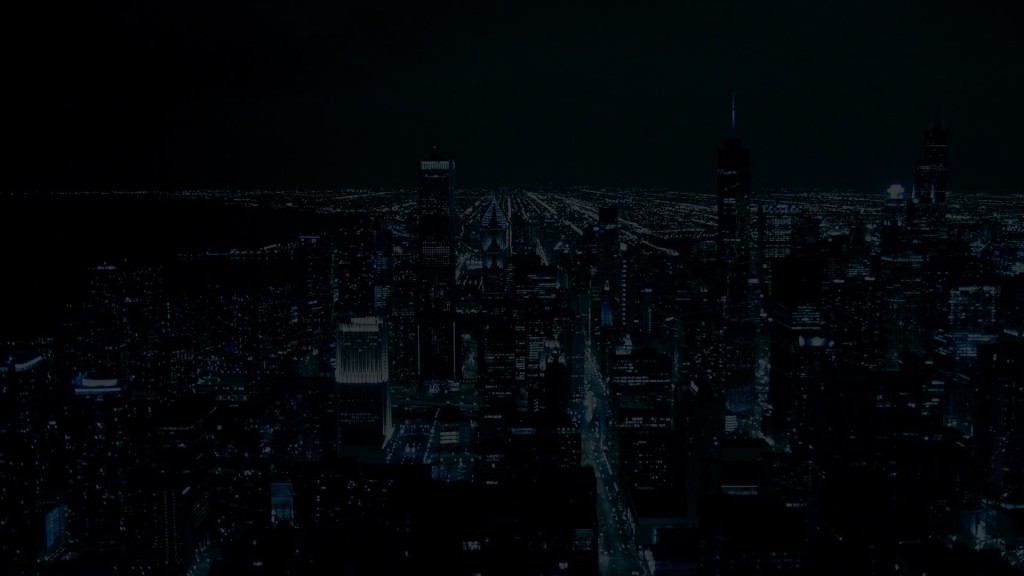The Now Infamous Deadline Post
It happens often. A delicious project, a dream idea, lands firmly on our desks. It’s something we could make truly outstanding. Just as we’re about to fall in love, we find out one last detail — the inevitable string attached.
“It’s due when?”
“The drop-dead date is somewhere between ridiculous and can’t be done.”
A deadline like that is a dangerous thing.
A deadline like that puts too much focus on schedule.
Quality and Schedule
The quiet conflict between quality and schedule can be a problem on almost any project. The problem stems from a basic reality.
Schedule is something that everyone can see.
Quality is something you have to judge.Human nature makes us want to look good in places where people look.
If a project becomes schedule-driven, it’s that much harder to do our best work. If we know that going in, we can offset the pressure of a dangerous deadline by remembering 5 safety rules. They’re our key to getting quality time — time to put real quality in what we do.
5 Safety Rules for Dangerous Deadlines
-
1. Define the process and jobs in detail. Be clear on every step, what every job role is, how communication will happen, and how long each step will take. Make sure everyone agrees on the definitions and the job roles — both out loud and on paper.
If you’re working alone, do this thinking for yourself. This planning is invaluable to saving time, predicting problems, and knowing what the project is really about.
2. Check that process against the deadline. You may find your process ending three months later than the deadline date. Trim where you can, with this caution: Do not give up an essential step in your work. If someone volunteers to do part of your job for you, graciously decline.
3. Set up an early sample checkpoint. An early checkpoint meeting flushes out conflicting assumptions and uncommunicated information. You’ll save time, and the work moving forward will be work that counts.
4. Stick loyally to the plan except when the plan doesn’t work. Then, find a solution and communicate fast. A possible bad choice risks everyone’s time and leaves no time to recover.
5. Know the next guy’s job and how to work in his favor. Sometimes a choice you make means nothing to you and a whole lot of work to someone else. Knowing which option to choose makes more time for everyone to spend on getting things done well.
PLUS ONE: Bring in help. You need it. Get help to keep your work organized or to do lower level tasks. You need your mind free to focus on where you add quality, not on things that take your time. Thinking we’re the only ones who can do everything is the way we cut our value. Let others spend time doing the things that they are actually better at.
Those 5 safety rules won’t make time where there isn’t any, but they will make the most of the time we have. In that way, they help us take our eyes off the schedule and put them back on our work.
Project Over Deadline Passed
We recover from that project, and the irony is that the work is like that schedule . . . people don’t see how long or hard we worked. . . . They see the finished project and whether it’s done well.
Work that is unremarkable, rushed, or just plain stinky will be unremarkable, rushed or stinky forever.
Quality work lasts and lasts too.
It’s human nature to want to be the one who worked on quality.
Deadlines don’t make quality projects happen. People who invest quality time in their work do.
–ME ‘Liz” Strauss
If you think Liz can help with a problem you’re having with your writing, check out the Work with Liz!! page in the sidebar.
Related articles:
4 Writing Tips I Learned from Peter Gabriel
Great Find: Is Your Design C.R.A.P.?
The 9 Rights of Every Writer ââ¬â Peer Pressure Is for Jr. High School
Content or Copy: Ignore the Difference at Your Own Risk
